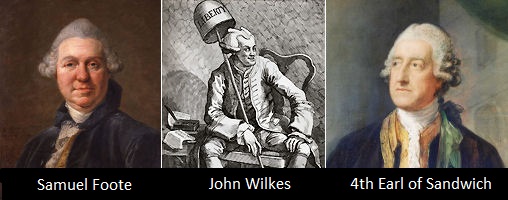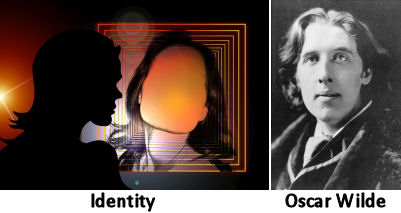Chuck D? Apocryphal?
Question for Quote Investigator: Perhaps you can help locate a quotation attributed to the rapper Chuck D of the group Public Enemy. I do not know the exact wording, but the gist was the following:
Rap music is the CNN for black people.
He apparently said this during an interview in the late 1980s, but I haven’t been able to pin it down.
Reply from Quote Investigator: In September 1988 SPIN magazine published an interview with the prominent rapper Chuck D (Carlton Ridenhour), and he employed a version of this saying. Boldface has been added to excerpts:1
Rap serves as the communication that they don’t get for themselves to make them feel good about themselves. Rap is black America’s TV station. It gives a whole perspective of what exists and what black life is about.
The citation above was the earliest evidence located by QI and CNN was not mentioned in the expression. In July 1989 Chuck D spoke at a festival in Indiana about the power and popularity of rap music. His words were reported in the Philadelphia Inquirer of Pennsylvania. He used the phrase “headline news” which was the name of the primary channel for CNN news:2
Rap performer Chuck D. of Public Enemy says rappers are idolized by youths because they tell it like it is. “We’re almost like headline news,” he said. “Rap music is the invisible TV station that black America never had. . . . Public Enemy and rap music are dispatchers of information.” All this was said Sunday at the Indiana Black Expo in Indianapolis, at which dozens gathered to discuss rap music.
Here are additional selected citations in chronological order.
Continue reading “Quote Origin: Rap Is Black America’s TV Station”
